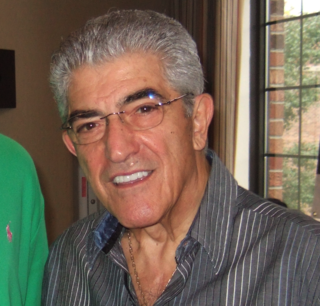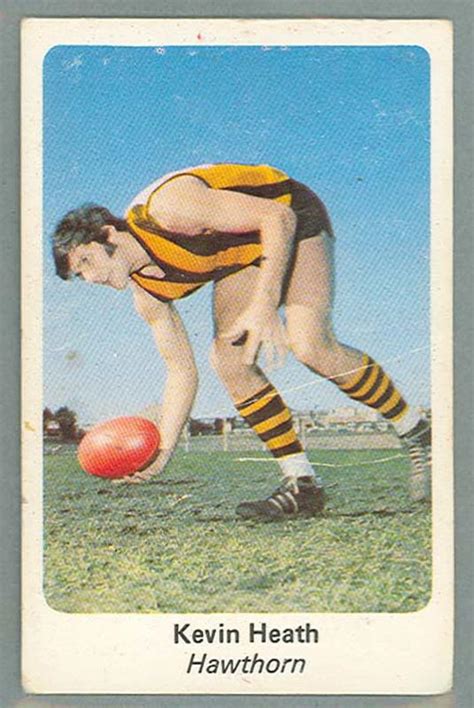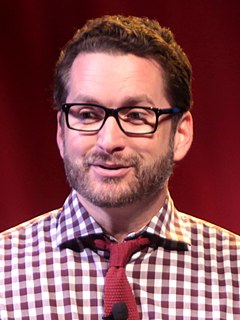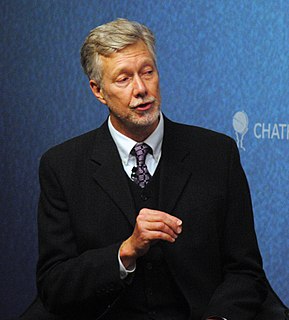A Quote by Frank Vincent
It's very important what you say to kids. You have to walk a very fine line between talking about your life and talking about what you've done.
Related Quotes
When you start talking about same-sex marriage, you start talking about abortion, and I think those issues are very very important and very interesting and very right for us to talk about, but when we allow those issues to cannibalize all other issues we find ourselves homeless while we debate about it.
I have been very fortunate to see some very clearly excellent players play well to the very ends of their career, where they opted not to play anymore. I'm talking about Adrian Beltre. I'm talking about Torii Hunter. I'm talking about David Ortiz, Chipper Jones, Derek Jeter. These are players who decided, 'You know, I've had enough. That's good.'
First I went to a Jewish school, when I was very little. But when I was 12, they put me in a school with a lot of traditions, and they were educated people and they were talking about Greece and the Parthenon and I don't know what. All the kids, all the girls they had already seen that and knew that from their family, and I would say, "What are you talking about, what's that?" It's not my world. My grandparents were very well-educated people, but in the Jewish tradition. They knew everything about the Bible.
She [Hillary Clinton] knows the people well. I think there is - you know, also talking about breaking down barriers and talking about that, whether we`re talking about that in economic terms. I mean, she`s the only person who has been out there talking about white privilege and talking about sort of the intersectionality of some of these issues.
It surprises people that there's actually a very large number of slaves in the world today-our best estimate is 27 million. And that is defining a slave in a very narrow way; we're not talking about sweatshop workers or people who are just poor, we're talking about people who are controlled by violence, who cannot walk away, who are being held against their will, who are being paid nothing.
We're sitting in here, and I'm supposed to be the franchise player, and we in here talking about practice. I mean, listen, we're talking about practice, not a game, not a game, not a game, we talking about practice. Not a game. Not, not... Not the game that I go out there and die for and play every game like it's my last. Not the game, but we're talking about practice, man. I mean, how silly is that?.. And we talking about practice. I know I supposed to be there. I know I'm supposed to lead by example... I know that... And I'm not... I'm not shoving it aside, you know, like it don't mean anything. I know it's important, I do. I honestly do... But we're talking about practice man. What are we talking about? Practice? We're talking about practice, man.
Sarah Palin kept talking and talking, and the more she talks, the less compelling she can be. People say, "She's a very good politician, very deft at what she does," and whatever. And I hear that sometimes and go, "I don't know much about this stuff, but I would say no." Because the really good politician expands the audience, not contracts it. She may be getting a very vocal crowd, but it's a very specific group.




































